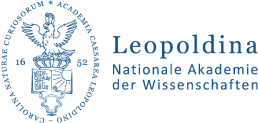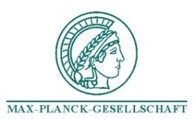About the Workshop
Registration deadline extended until 30.09.2019
Pathogenic bacteria, in conjunction with other microbes, constantly affect our mucosal surfaces causing epithelial damage, particularly under chronic infection conditions. The most serious potential outcome is cancer, and it is almost certainly no coincidence that epithelial carcinomas represent the most common malignancy. While the causality between tumor viruses and human cancers is firmly established owing to the presence of viral transforming genes in the resulting cancer cells, no such clear genetic link has been seen for bacterial infections. Yet, H. pylori, the major risk factor of gastric cancer, is a paradigm for numerous intriguing observations suggesting a much broader relationship between persistent bacterial infections, microbiota, inflammation, and human cancers. Likewise, researchers have identified novel epidemiological relationships, bacteria-driven cancer-related signaling routes and genotoxins, and are beginning to understand the consequences of DNA damage and altered DNA damage repair, disturbed tissue homeostasis, chromosomal genetic and epigenetic changes, and the roles of chronic inflammation and the immune environment as carcinogenic conditions. This first comprehensive meeting with outstanding cancer researchers, medical scientists, micro- and cell biologists, employing diverse pathogen-related cancer models, will be a milestone for elucidating this intriguing relationship from different perspectives.
About EMBO Courses and Workshops
EMBO Courses and Workshops are selected for their excellent scientific quality and timelines, provision of good networking activities for all participants and speaker gender diversity (at least 40% of speakers must be from the underrepresented gender).
Organisers are encouraged to implement measures to make the meeting environmentally more sustainable.






